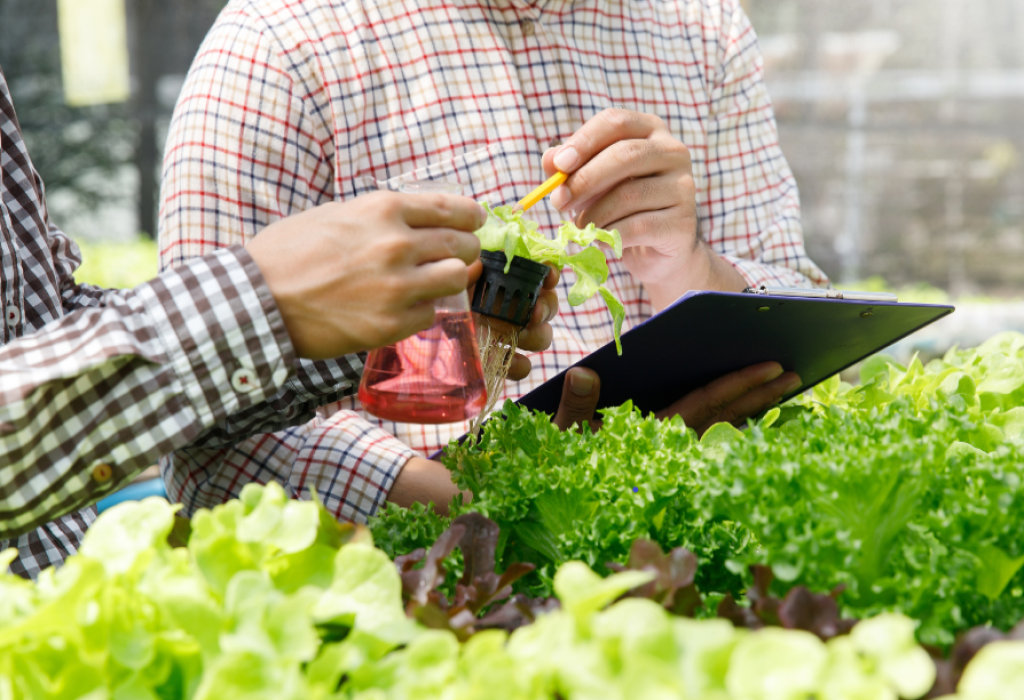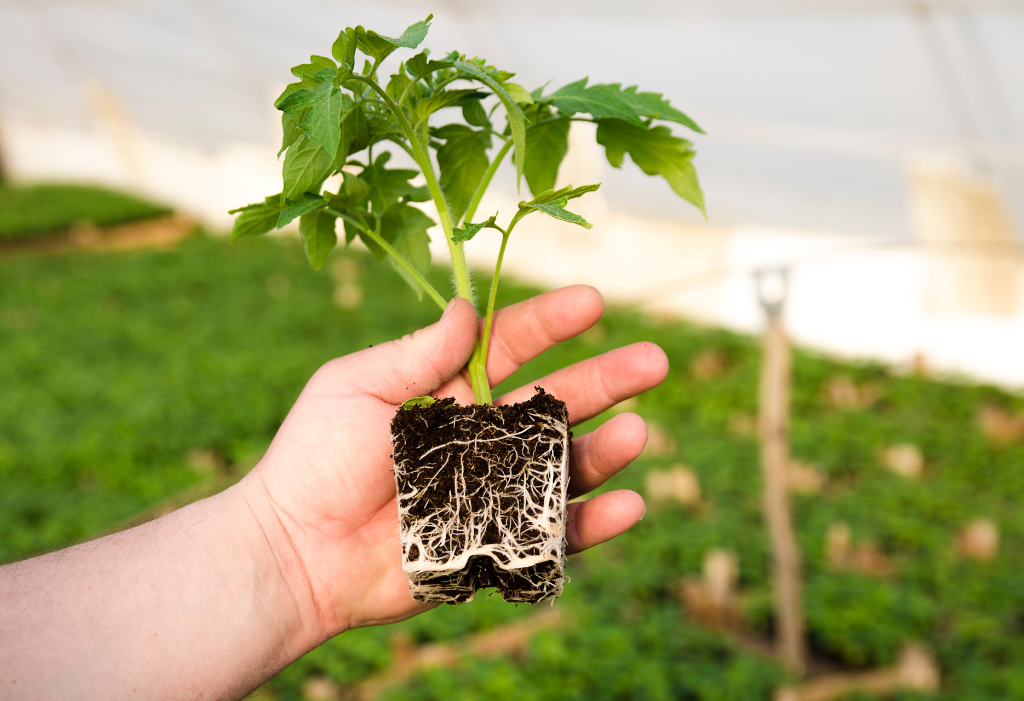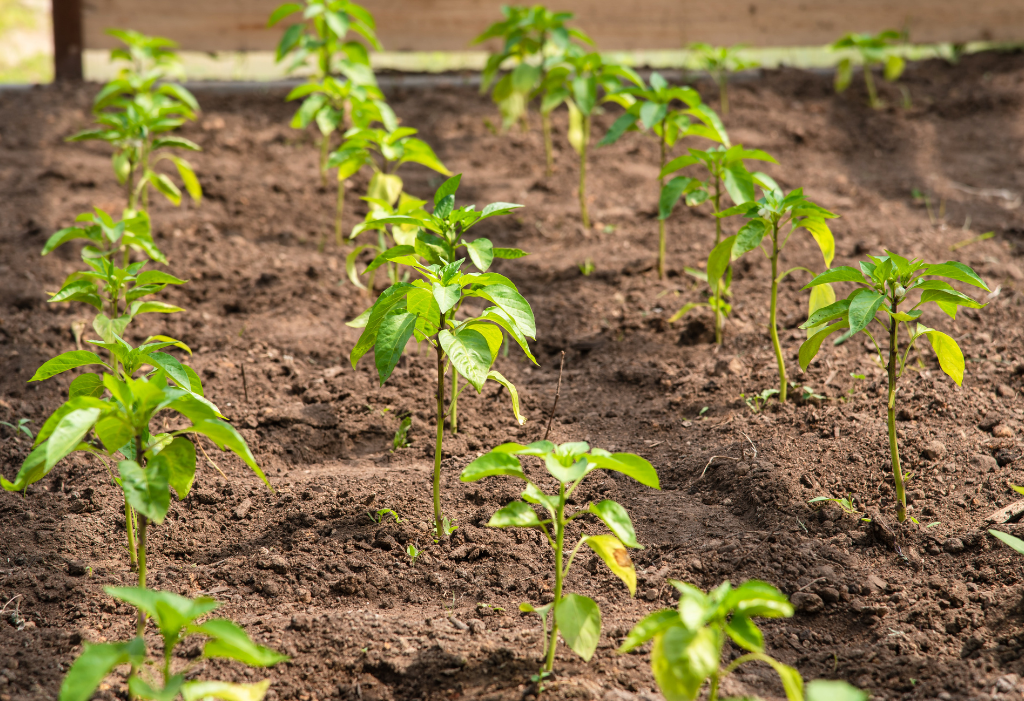


A Sustainable Path to Nourishing Growth
Introduction to Organic Farming in a Greenhouse
As someone deeply passionate about sustainable agriculture, I’ve found a remarkable synergy between organic farming and greenhouse cultivation. The enchanting world of organic farming in a greenhouse embraces nature’s rhythms while harnessing the controlled environment of a greenhouse. In this article, I’ll share the magic that unfolds when these two concepts intertwine, providing you with insights, suggestions, and compelling reasons to explore the realm of organic farming in greenhouses.
Benefits of Greenhouse Organic Farming
The marriage of organic principles with greenhouse technology yields a plethora of advantages. Imagine creating a haven where crops thrive year-round under carefully calibrated conditions. Greenhouses provide an opportunity for meticulous control over temperature, humidity, and light, creating an optimal environment for crops to flourish. The use of synthetic pesticides and chemicals is greatly minimized, fostering healthier produce that resonates with conscientious consumers. Moreover, the extended growing seasons offered by greenhouses grant the ability to cultivate varieties that might otherwise be limited by climate constraints.
Setting Up a Greenhouse for Organic Farming
The foundation of successful greenhouse organic farming rests upon thoughtful planning and strategic execution. Begin by selecting an ideal location that receives ample sunlight and shields crops from harsh winds. Once the location is secured, curate a list of crops suited to greenhouse cultivation, considering factors like light requirements and space utilization. Prioritize organic soil management practices, embracing composting, cover cropping, and vermiculture to enrich the soil and encourage robust plant growth.
Key Practices in Greenhouse Organic Farming
Diving deeper, let’s explore key practices that infuse vitality into your greenhouse oasis. Engage in companion planting and polyculture, where diverse plants support each other’s growth by deterring pests and enhancing soil health. Employ biological pest control methods, such as introducing beneficial insects and employing natural predators, to maintain a delicate ecological balance within your greenhouse. For nourishment, opt for organic fertilization techniques like compost teas and fish emulsion, bestowing your plants with nutrient-rich sustenance.
Maintaining a Balanced Greenhouse Ecosystem
To ensure a thriving greenhouse ecosystem, it’s essential to embrace biodiversity. By diversifying plant species, you discourage the proliferation of pests and diseases while enhancing soil structure. Responsible water management, including the use of drip irrigation systems and rainwater harvesting, contributes to resource conservation. Regular monitoring of climate conditions, aided by automated systems and diligent observation, empowers you to adjust temperature, humidity, and ventilation for optimal plant health.
Challenges and Solutions
Of course, challenges emerge in every agricultural endeavor, but the beauty of organic greenhouse farming lies in its solutions. Combat diseases without chemicals by employing techniques like crop rotation and selecting disease-resistant plant varieties. Tackle weeds through diligent manual removal, mulching, and using organic weed suppressants. Balance nutrient levels through soil testing and careful adjustments, fostering harmonious growth without synthetic fertilizers.
Economic and Environmental Sustainability
The allure of greenhouse organic farming extends beyond personal satisfaction. By choosing this path, you actively contribute to environmental sustainability. Reduced reliance on synthetic chemicals minimizes pollution and soil degradation, nurturing the land for generations to come. Additionally, the premium quality and ethical production associated with organic produce can command higher market prices, offering economic sustainability for your efforts.
Steps to Get Started with Greenhouse Organic Farming
Embarking on this journey requires research, planning, and enthusiasm. Educate yourself about organic practices, greenhouse management, and crop specifics. Design a greenhouse layout that optimizes space and sunlight distribution, utilizing vertical gardening techniques for efficient use of space. Source organic seeds, saplings, and materials from reputable suppliers to ensure the integrity of your organic venture.
Transitioning to Organic Certification
Should you choose to delve deeper into the world of greenhouse organic farming, consider pursuing organic certification. Familiarize yourself with the standards set by certifying bodies and integrate them into your practices. Maintain detailed records of cultivation methods, inputs, and harvesting processes. Consistency is key—adhere to organic practices rigorously to attain and uphold certification.
Personal Experience and Success Story
Allow me to share a glimpse of my own journey into the realm of greenhouse organic farming. What began as a curious experiment evolved into a passionate commitment to sustainable agriculture. Witnessing the flourishing crops, the vibrant ecosystem, and the wholesome produce has been profoundly rewarding. The trials along the way only strengthened my resolve, demonstrating the resilience of nature when nurtured with care.
Conclusion
The union of organic agriculture and greenhouse technologies offers a rewarding approach to both crop yield and environmental conservation. As you embark on your own journey, remember that you’re nurturing not just plants but also a healthier, more sustainable future.
FAQs About Greenhouse Organic Farming
- What are the basics?
Merging organic agriculture with greenhouse technology provides a year-round, eco-friendly farming method. - Can hydroponics be incorporated?
Absolutely! Organic hydroponics, utilizing natural nutrient solutions, is a progressive approach within greenhouse organic farming. - How do I control pests without synthetic chemicals in a greenhouse?
Embrace biological controls such as introducing ladybugs and releasing nematodes, creating an ecosystem where pests are kept in check naturally. - Is it more labor-intensive than conventional methods?
While initial setup may demand attention, a well-designed system can minimize ongoing labor, relying on nature’s balance for long-term efficiency. - What are organic fertilizer options?
Compost teas, fish emulsion, and organic matter incorporation offer nutrient-rich alternatives, enriching soil health and plant vitality.
